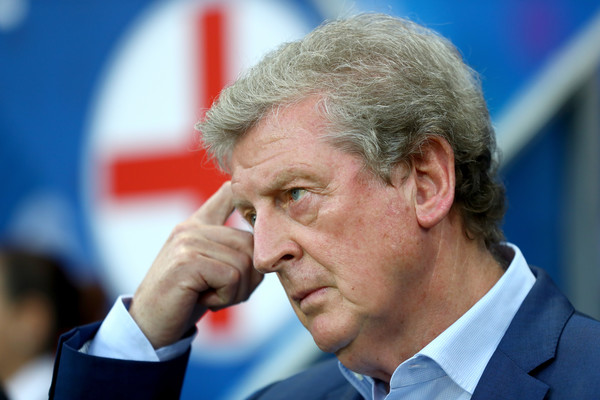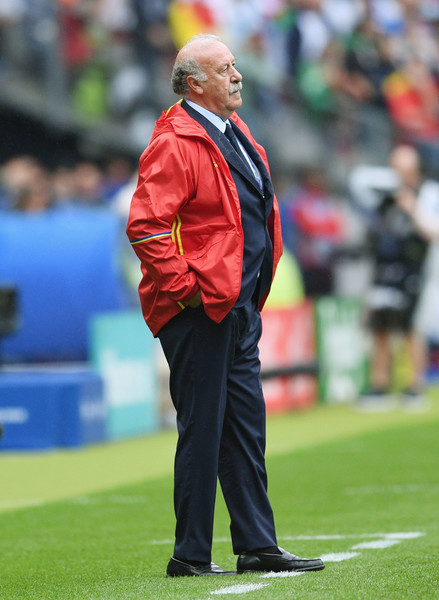
The final day of Euro 2016 round 0f 16 matches offered us a glimpse at two national sides, England and Spain, see their great expectations being torn to the ground. One side is used to this happening. The other seems to be still captured by the success of an era that seems to be over.
Roy Hodgson resigned after England lost 2-1 to Iceland. Not surprising. Hodgson was never good enough to be the manager of an England national side that sees itself among Europe’s elite – consistently in the top 8, or at least should be. In Euro 2012, there wasn’t any great football, but England did win twice in three matches in the group stage before a penalty shootout against Italy, obviously going against England.
In the 2014 World Cup England failed to make it out of the group stage, losing to both Italy and Uruguay 2-1 and then drawing with Costa Rica. The football wasn’t terrible, but the result alone should have been enough to kick Hodgson out of his seat. A remarkable qualifying campaign to Euro 2016 once again built expectations. But England won just once in the group stage, and then lost to Iceland. Over the last two major tournaments, they have just one win, while failing to beat Russia, Iceland, Costa Rica and Slovakia. Hodgson didn’t change the fact that England have never won a knockout stage match in the European Championships with more than 90 minutes.
Tactically helpless, Hodgson ignored the hot players, stuck with the wrong ones, and got himself in a mess against a persistent Icelandic team that offered space and opportunities, only the English players, constantly thwarted by Wayne Rooney and Harry Kane, didn’t play to their strengths, which should have been enough to see them through to the quarter final.

The story of Spain is different. From 2008 to 2012, as Del Bosque manages two of those sides, Spain were close to unbeatable, picking up three major trophies. But the warning signs shown in the 2014 World Cup didn’t resonate with a manager who has failed to address the changes in Spanish and world football. Without the easy pickings from a Barcelona team based on Spanish players, Del Bosque missed out on some very talented players, flying under the Spanish manager’s radar.
As for in-game tactics, the passing and possession style of Spain isn’t a bad idea. Almost all the teams qualifying to the quarterfinals dominated possession in their matches. But with inferior talent to the one from the golden age, Italy had no problem taking over the pitch, showing flexibility, innovation and pragmatism with and without the ball. Spain’s time as a leader in European and global football isn’t over – it just a new face and mind to lead them through the changes they have to undergo, unless they want another long drought of titles and success to arrive.
